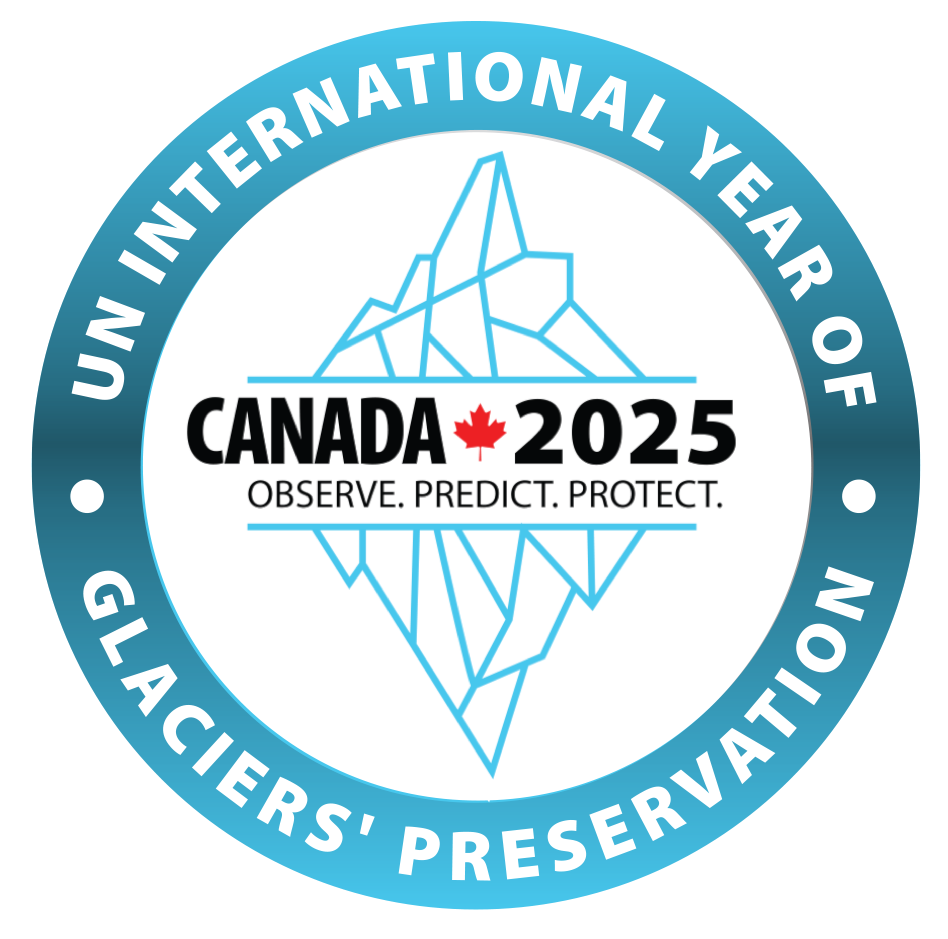On April 11th, the Simon Fraser University Earth Science’s Seminar Series is featuring Dr. John Clague, speaking about “the aftermath of a terminal-Pleistocene megaflood from a huge glacier-dammed lake in British Columbia.”
Join in-person (SFU Burnaby Campus, South Sciences Building, SSB 7172) or online: https://sfu.zoom.us/j/83467796038?pwd=S7SExavWZgzHFlIwZMF3k2G2trNV0B.1
Time: 3:30 pm (MST)
Talk description: At the very beginning of the Holocene Epoch, a large lake in British Columbia (“glacial Lake Fraser”) emptied suddenly when its glacier dam failed. About 500 km3 of water swept down the narrow Nechako and Fraser river valleys, past Hope, and into the Salish Sea. The megaflood eroded and transported very large quantities of sediment, which were redeposited within the Fraser Lowland west of Hope and in the Salish Sea.
After publishing a paper on this event several years ago, a colleague and I conducted follow-up, field-based studies of unusual landforms within the former lake basin (i.e. above the glacier dam) that were produced by the sudden emptying of the lake. A ‘take-away’ message of this study is that the Nechako and Fraser valleys retain morphologies produced by a short-lived extreme event about 11,500 years ago.
John Clague is one of Canada’s leading authorities in Quaternary and environmental earth sciences; Professor and Shrum Chair in Science at Simon Fraser University; Emeritus Scientist, Geological Survey of Canada; Fellow of the Royal Society of Canada; Professional Geologist, Association of Professional Engineers and Geoscientists of the Province of British Columbia; 30 years experience in surficial/terrain mapping, Quaternary stratigraphic investigations, engineering and environmental interpretations of surficial geological information, and natural hazard studies; noted for local, national, and international research collaboration with other geologists, geographers, biologists, and physicists.
